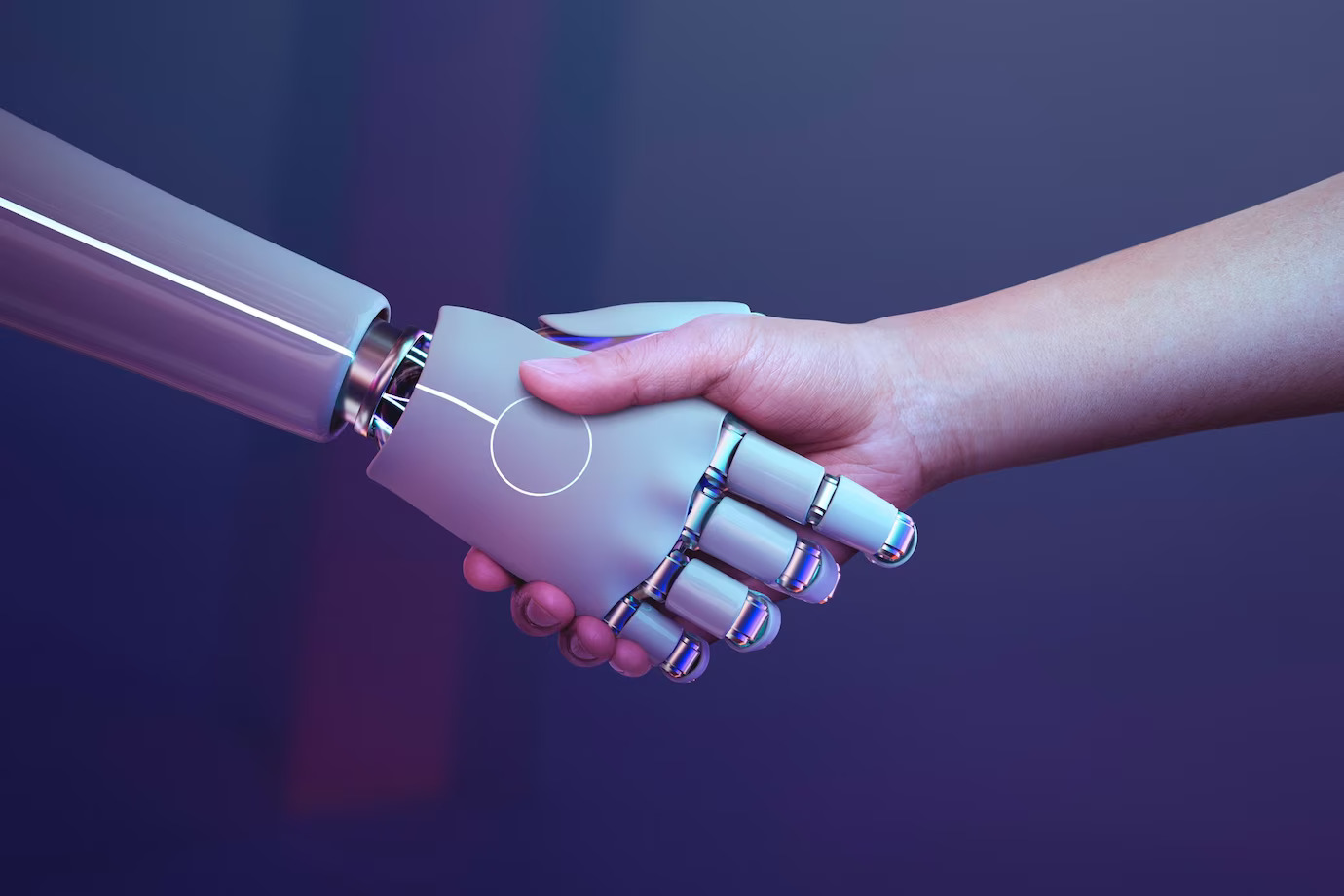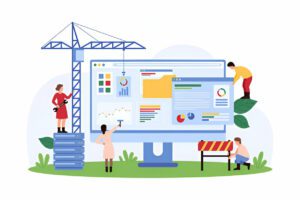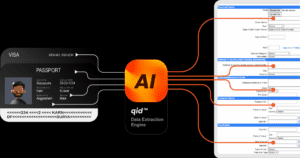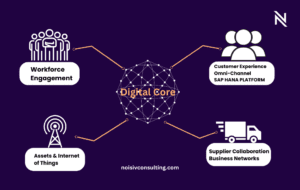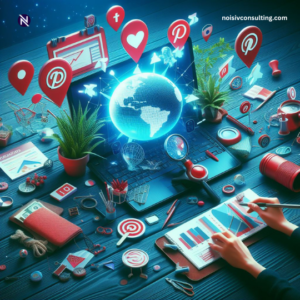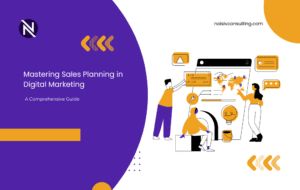How AI and Automation Will Transform Industries
The relentless march of technology has always been a hallmark of human progress, propelling societies forward and reshaping the way we live, work, and interact. As we stand at the precipice of the Fourth Industrial Revolution, the convergence of Artificial Intelligence (AI) and automation is poised to catalyze a seismic shift in industries across the globe. This transformation, driven by the fusion of advanced algorithms, robotics, and data analytics, promises to revolutionize business models, enhance productivity, and redefine the nature of work.
The Dawn of a New Era: AI and Automation Explained
At its core, Artificial Intelligence refers to the ability of machines to simulate human intelligence processes such as learning, reasoning, problem-solving, and decision-making. This is achieved through algorithms that allow computers to process and analyze vast amounts of data, extracting patterns and insights that humans might miss.
Automation, on the other hand, involves the use of technology to perform tasks with minimal human intervention. This ranges from simple tasks like automated email responses to complex operations such as robotic assembly lines. The synergy between AI and automation magnifies their impact, creating a powerful force that redefines how industries function.
Transformation Across Industries
- Manufacturing and Robotics: The manufacturing sector has been at the forefront of automation for decades, but the integration of AI takes it to a new level. Smart factories, equipped with AI-powered robotics, can optimize production lines in real-time, minimizing downtime and reducing defects. These robots can adapt to changes, self-learn from data, and collaborate with human workers in ways that were once unimaginable.
- Healthcare Revolution: AI-driven automation is revolutionizing healthcare by streamlining processes and improving patient care. Robotic surgical systems, guided by AI algorithms, enable more precise procedures. AI can analyze medical data to assist in diagnosing diseases at an earlier stage and predict patient outcomes. Additionally, administrative tasks like appointment scheduling and medical record management can be automated, allowing healthcare professionals to focus on patient care.
- Financial Services: The finance industry is experiencing a profound shift with the integration of AI and automation. Algorithmic trading, driven by AI analysis of market trends, executes transactions at speeds humans cannot match. Customer service is enhanced through AI-driven chatbots that provide instant responses. Moreover, AI can analyze vast amounts of financial data to detect fraud, assess risks, and make more informed investment decisions.
- Retail and Customer Experience: AI is redefining the retail landscape by personalizing customer experiences. Recommendation systems analyze customer preferences and behaviours to suggest products, increasing sales and customer satisfaction. Automation in supply chain management optimizes inventory levels, reducing costs and waste. Brick-and-mortar stores are also leveraging AI for advanced analytics, enabling them to understand customer behaviour within the store.
- Transportation and Logistics: The transportation industry is embracing self-driving vehicles, a fusion of AI and automation, to enhance safety and efficiency. Autonomous drones and delivery robots are transforming the logistics sector, enabling quicker and more accurate deliveries. AI-powered traffic management systems optimize routes and reduce congestion, leading to smoother urban mobility.
Also, read – Increasing importance of online branding in 2023
Challenges and Opportunities
The transformative power of AI and automation comes with its own set of challenges and opportunities. Job displacement due to automation is a concern that cannot be ignored. However, history suggests that technological advancements often create new job opportunities, particularly in areas related to technology development, management, and maintenance.
The democratization of technology also offers smaller businesses the opportunity to harness AI and automation to compete with larger counterparts. Cloud-based services and AI platforms enable easy access to cutting-edge tools without substantial upfront investments.
Ethical and Social Implications
As industries undergo profound changes, ethical considerations arise. Privacy concerns regarding data collection and usage are critical. Ensuring that AI algorithms are transparent, accountable, and free from bias is paramount to avoid discrimination and unjust decision-making.
There are also implications for education and workforce development. Preparing the workforce with skills that complement AI and automation is crucial. Soft skills like creativity, critical thinking, and adaptability will become increasingly valuable as routine tasks are automated.
Charting the Path Forward
The journey ahead is both exciting and challenging. Collaboration between humans and machines, often referred to as “collaborative intelligence,” is becoming the cornerstone of this transformation. Human expertise coupled with AI’s computational prowess can lead to innovations that would have been inconceivable otherwise.
Governments, businesses, and academia must collaborate to create frameworks that ensure responsible development and application of AI and automation. Transparent regulations can help address concerns about job displacement, data privacy, and algorithmic transparency.
Conclusion
The fusion of AI and automation represents a watershed moment in human history. Industries are on the brink of a paradigm shift that will redefine the way we work, produce, and interact. As we navigate this transformation, it’s imperative to strike a balance between harnessing the incredible potential of AI and automation while addressing the ethical, societal, and economic implications. With foresight, collaboration, and a commitment to innovation, we can shape a future where these technologies empower us to create a more efficient, equitable, and prosperous world.

